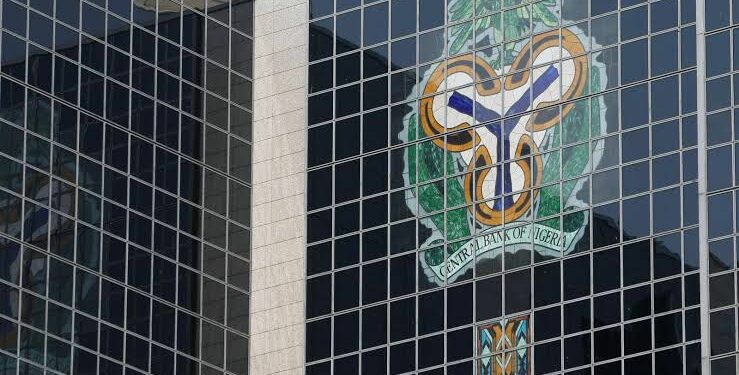
Nigeria’s gross official reserves increased by $858 million in June 2024, reaching $33.6 billion as of June 19, marking a reversal of the declining trend observed in the first five months of the year. Despite this improvement, Nigeria’s reserve position still trails behind Egypt and South Africa, both of which recorded significant gains in their reserves.
According to the latest data from the Central Bank of Nigeria (CBN), the year-to-date (YTD) increase in Nigeria’s reserves stands at $666 million. This uptick contrasts with a previous cumulative decline of $322 million over the first five months of 2024, which equated to an average monthly depletion rate of $64.4 million, largely driven by foreign exchange (FX) demand pressures and the CBN’s efforts to clear FX backlogs.
FBNQuest Capital, in a note to clients, attributed the recent rise to a $925 million disbursement from the African Export-Import Bank. This is part of a $3.3 billion syndicated crude oil-backed prepayment facility secured by the Nigerian National Petroleum Company Limited (NNPCL).
“Approximately $1.5 billion is reportedly spent monthly to defend the Naira against other trade currencies,” FBNQuest noted. “The reserves, primarily composed of US dollars, Chinese renminbi, and IMF Special Drawing Rights, are tied up in currency swap agreements.”
Comparatively, South Africa’s international liquidity position increased by $44 million month-on-month (m-o-m) to $58.3 billion in June, benefiting from higher gold prices, foreign currency valuation adjustments, and asset price fluctuations. Similarly, Egypt’s reserves surged by $5.1 billion to $46.1 billion, bolstered by a $14 billion installment from the United Arab Emirates under the Ras El Hekma deal and the conversion of a $6 billion deposit at the Central Bank of Egypt into Egyptian pounds.
FBNQuest highlighted a cautious outlook for Nigeria’s external reserves, with the International Monetary Fund (IMF) projecting a decline to $24 billion by the end of 2024. “Looking ahead, we expect the government’s recent economic reforms and international engagements to result in a much-needed FX liquidity inflow to the country,” the firm added.








